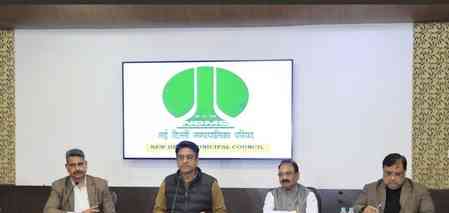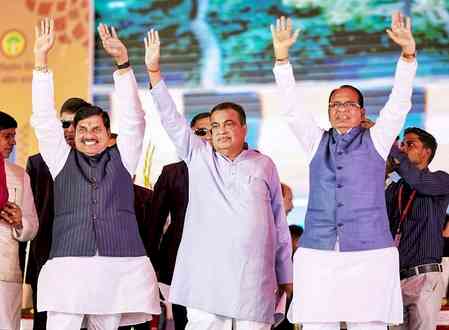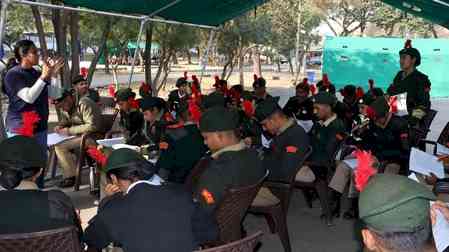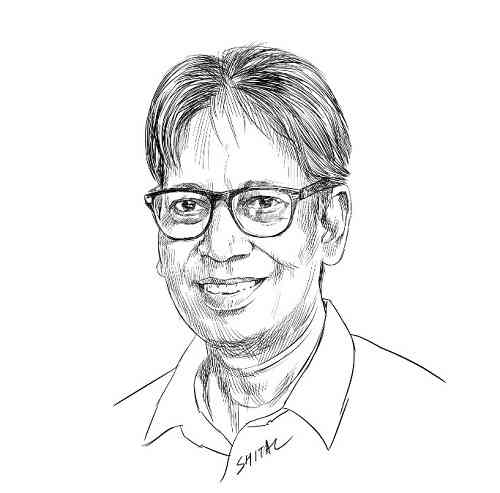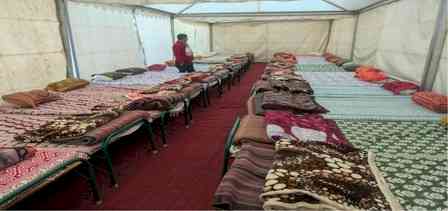PIL in Calcutta HC questions assets of top BJP leaders
A public interest litigation (PIL) was filed in the Calcutta High Court on Thursday questioning the assets of 24 top BJP leaders, including some Union ministers.
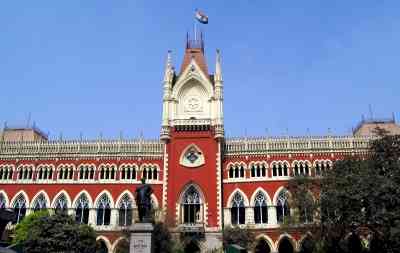
Kolkata, Aug 25 (IANS) A public interest litigation (PIL) was filed in the Calcutta High Court on Thursday questioning the assets of 24 top BJP leaders, including some Union ministers.
Those named in the PIL include BJP's national Pesident J.P. Nadda, Union ministers Dharmendra Pradhan and Smriti Irani, among others.
The PIL also names a number of BJP Lok Sabha members and legislators, including the leader of opposition in the West Bengal Assembly, Suvendu Adhikari.
The PIL has been filed by Ramaprasad Sarkar, an advocate in the Calcutta High Court, who's known for his close association with the ruling Trinamool Congress.
The PIL has been filed in the division bench of Chief Justice Prakash Srivastava and Justice Rajarshi Bharaswaj.
The same division bench had directed the Enforcement Directorate (ED) to be a party in a PIL seeking the assets and property details of 19 heavyweight Trinamool leaders, including seven state ministers.
This is the second counter-PIL filed questioning the growth of assets and properties of leaders from opposition parties. The first counter-PIL was filed on August 18 by advocate Sujit Gupta, also known to be close to the Trinamool, against 17 leaders belonging to the three main opposition parties in West Bengal -- BJP, CPI-M and Congress.
Three state ministers named in the first PIL -- Kolkata Mayor Firhad Hakim, Jyotipriyo Mullik and Arup Ray -- had approached the high court with a plea to review the decision of including the ED as a party in the PIL.
On the other hand, two CPI(M) leaders named in the first counter-PIL -- Md Salim and Tanmay Bhattacharya -- had submitted before the division bench on Wednesday that they did not have any objections if an independent agency probes whether they really incurred assets disproportionate to their income.


 IANS
IANS 
